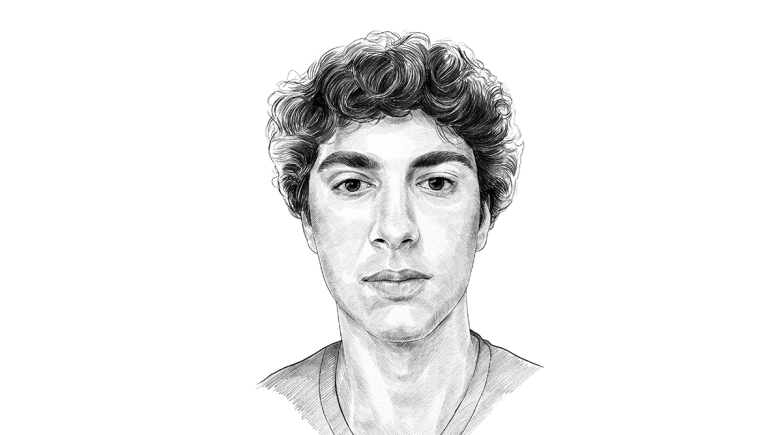Finis Origine Pendet: Baggage Claim
The wafting smell of jalebi soaks the surrounding air in a stifling warmth. My mother’s hand is grasped firmly in mine, tightly enough to eliminate any space between our pressed palms as we scurry between the throngs of people bustling along busy Sutar Chawl. An oncoming cyclist squeezes between a moving blue semi-truck and the muddy plaster buildings that line the road. Vivid colors are strewn across crammed stalls selling used cellphones and stationery. Their awnings provide a safe haven from the sweltering heat that beats down upon the wide marketplace and soaks my skin in sweat. My American-made jeans are glued to my body, and I shift uncomfortably. I should have borrowed my cousin’s kurti when she offered. Stores advertising sarees and dupattas are painted in saffron red. Rust-ridden shutters are secured to splintering beams of wood, worn from overuse. Competing shouts of “Rickshaw!” and “Garam chai! Garam chai!”,1 the distant tune of 1970s Bollywood music, and the undercurrent of rustling cotton fabric as people slide past one another consume the remaining empty air. Not yet having mastered how to navigate through the rushing current of people that surge from both ends of the street, I barrel indelicately into a roadside vendor selling fresh pav bhaji, unwillingly surrendering the safety of my mother’s grip.
“Dekh nahin sakti, kya?”2 The man barks at me. I feel the heat of his gaze blister my skin, his blazing irritation matching the intensity of the coals burning under the tava. My face floods with color, the same shade of saffron red that paints the store signs. I scurry to the side. My voice is gagged by an invisible dupatta woven from the curious judgment of onlooking passers-by. I wait in trepidation, an impostor Indian within the horde of a hundred others who look just like me, for someone to ask, “Angrezee?”3
My tongue betrays me. The clear-cut English consonants that my mother so persistently taught me in the early years of my learning — then a marker of my parents’ successful immigration to the United States — are now holding me hostage. To my dismay, the guttural sounds that Hindi demands are not ones that feel familiar. In the comfort of the bedroom that I dwelled in for the duration of our stay in Mumbai, I stare into the streak-stained mirror and stubbornly mimic the gh’s and sh’s that are shouted across Sutar Chawl. I watch as my lips duplicate the movements I memorized in the market. My vocal cords answer with misplaced emphasis, misguided conjugation, and muddled uncertainty.
Back home, I still sing ghazals in Urdu to the audience of tiles in my bathroom and mutter teasing remarks to my brothers in Hindi. Yet, the same guttural consonants — the kh’s and gh’s — tossed effortlessly around Sutar Chawl clash with the strict, unyielding articulation of my high school Spanish classroom. The deep, soulful sounds that I use to describe the sugar syrup dripping off of hot jalebi or the weight of ornate, braided threads of red and gold in my grandmother’s dupatta collide with the sounds of Spanish, a language rich with stories of two flamenco dancers circling each other in a midnight courtyard fiesta, or of the smell of brine and the spray of the open sea as a flotilla of conquistadores explore brave new worlds, or of a father’s pride as he drizzles vinegar and sprinkles salt over the last batch of his family’s secret gazpacho recipe. The accents that I carry with me into classrooms and those I replace within the comfort of my home conjoin to construct their own language, one resonating with forgotten adventures, buried memories and generational growth. The language of my people, the language of our shared past, the language that my family carried in their suitcases, and the language that I am gifted in the Spanish classroom all at once clash and harmonize into something else entirely. Alone, I can claim none of them; together, I call them all my own.
Editor’s Note: For this story, Anushka Noori received the distinction of First Class in the 2024 National Council of Teachers of English Achievement Awards in Writing contest.
1.“Hot tea! Hot tea!” 2. “Can’t you see where you’re going?” 3. “Foreigner?”



